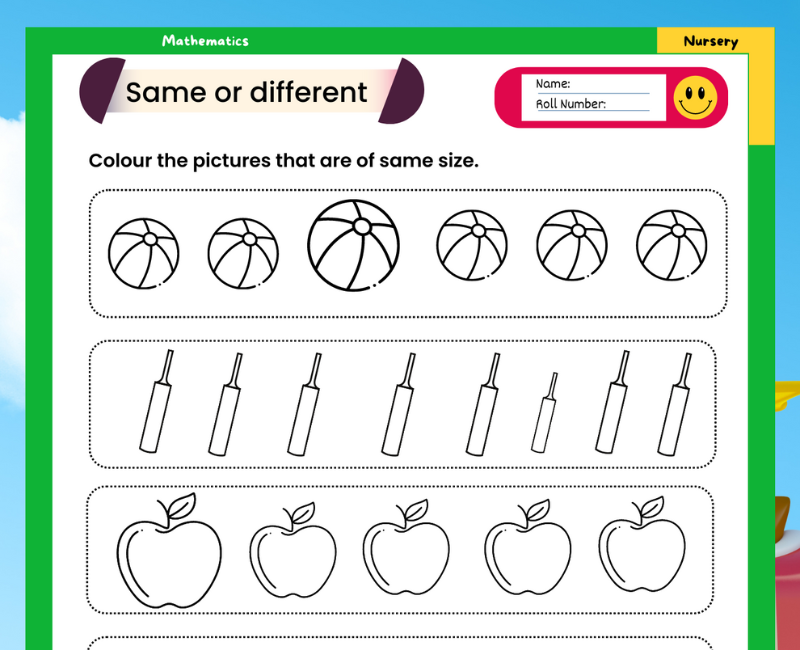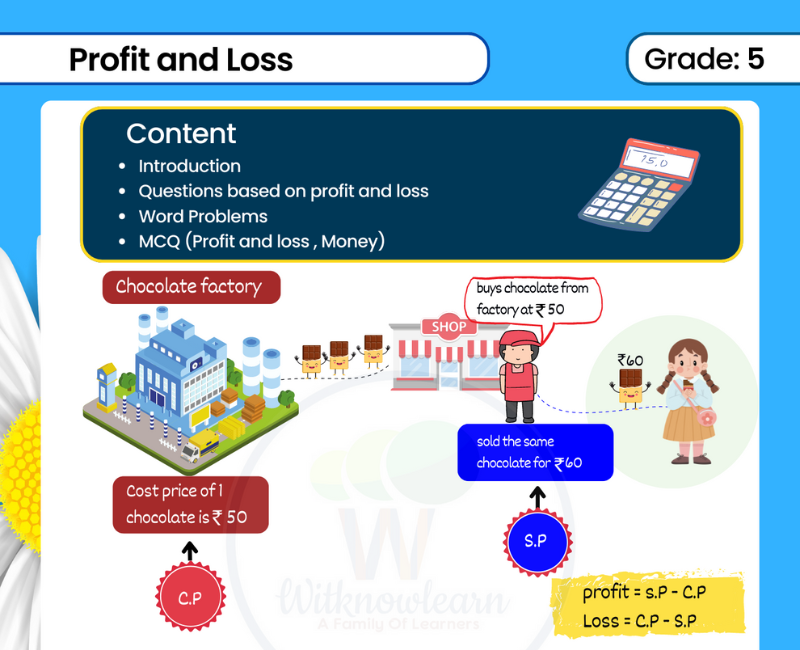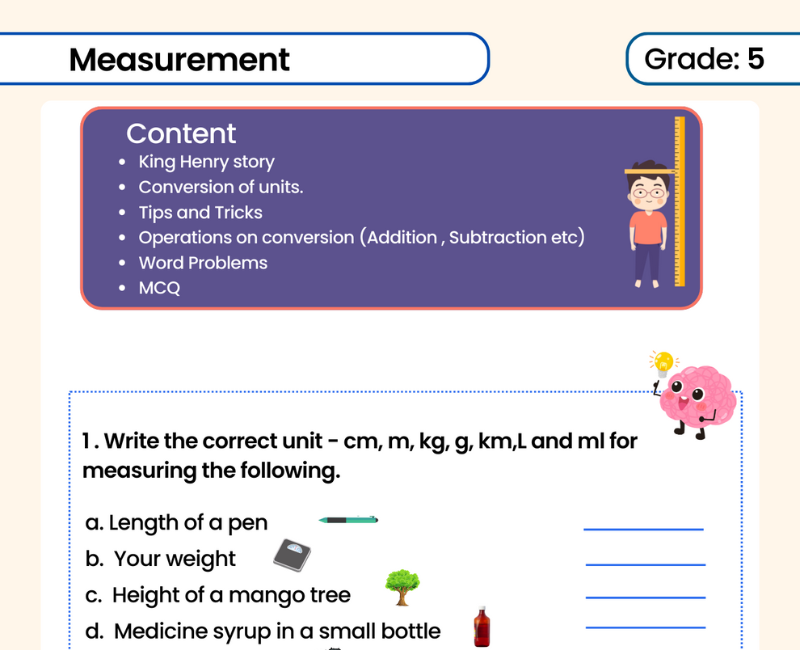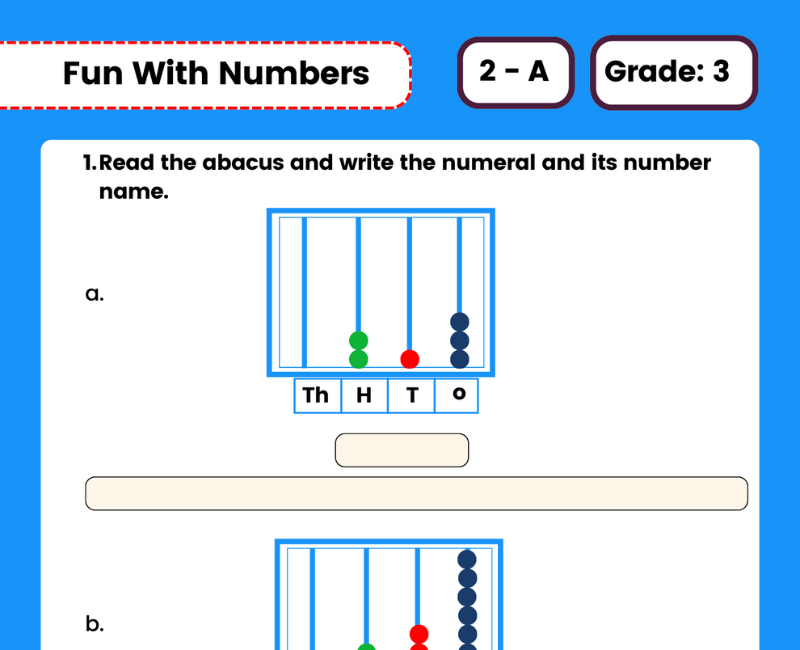The Lost Child Class 9 Worksheet with Answers
Embarking on a literary journey through The Lost Child in class 9, students encounter a narrative steeped in emotion and rich imagery that speaks directly to the innocence of childhood and the complex world of adults. This poignant tale, which forms the essence of class 9 English Chapter 1, weaves a compelling story that captures the boundless curiosity and joy of a child juxtaposed with the sudden, heart-wrenching moment of separation. As the story unfolds, the vivid descriptions in The Lost Child class 9th chapter guide the reader through a festival's kaleidoscope of sights, sounds, and smells, pulling them into a world that oscillates between delight and despair.
The classroom becomes a gateway to understanding deeper emotions as each passage of The Lost Child class 9 poses questions that go beyond the surface, probing into the themes of loss, family bonds, and the universal experience of longing. These concepts are further explored through a carefully crafted worksheet on The Lost Child class 9, where each question is designed to not only test comprehension but also to instigate a thoughtful connection with the protagonist's journey. With answers provided, students are encouraged to reflect on their own insights and emotions, enriching their engagement with the text.
Delving into the The Lost Child class 9 extra questions and answers, learners are invited to look through the lens of the wandering child, observing the world with a sense of wonder and navigating through the pain of losing one's guardians in the bustling commotion of a village fair. The story does not merely tell; it asks and implores students to consider the myriad shades of human experience, embedded within the carefully crafted narrative.
Furthermore, The Lost Child class 9 value based questions open up discussions that transcend the classroom, encouraging students to bring their own values and judgments into conversation with the literature. And with extract-based questions paving the way, each student hones their analytical skills, learning to uncover the deeper meanings embedded in the story's moments, dialogues, and descriptions.
This chapter, complete with its encompassing array of educational tools—from animated discussions, comprehensive worksheets, and poignant value-based inquiries—promises to leave a lasting impression. For every class 9 student embarking on the unassuming quest that is The Lost Child, the chapter is not merely a lesson, but a doorway to empathy, understanding, and literary appreciation.
Moments Class 9 Chapter 1: The Lost Child
Moments Class 9 Chapter 1: The Lost Child depicts the poignant tale of a young boy lost at a bustling fair. This story reflects the many faces of childhood, from the uninhibited joy of exploring new sights to the terror of separation from loved ones. It touches upon universal themes of innocence and the irreplaceable comfort of family.
The Lost Child Class 9 Chapter summary
"The Lost Child" in Class 9 English unfolds the story of a young boy who gets separated from his parents at a bustling village fair. Captivated by the colors, sights, and sounds of the fair, the boy's fascination leads him to drift away from his parents. His initial joy and wonder quickly turn to panic and dread as he finds himself alone amidst a sea of strangers.
As he realizes his loss, the boy's desperation to find his parents overshadows his previous desires for toys, sweets, and rides, which he now rejects even when offered by kind strangers trying to comfort him. Despite efforts by a kindly man to help him find his parents, the child remains inconsolable, his cries for his mother and father reflecting his deep yearning for the safety and comfort of his family.
The story poignantly captures the boy's emotional journey from innocence and joy to fear and desperation, emphasizing the universal need for love, security, and the profound bond between parents and their children. The narrative leaves readers with a deep impression of the child's vulnerability and the invaluable comfort of familial connections.
The Lost Child Class 9
The Lost Child in Class 9 engages readers with the narrative of a curious child who becomes separated from his parents at a fair. The shift from fascination with the fair's attractions to the sudden panic of isolation paints a stark picture of a child's love and dependency on parental protection.
Class 9 The Lost Child - Chapter Overview
Class 9 The Lost Child introduces students to the complexities of a child’s psyche under duress. The vividly portrayed fairgrounds serve as a backdrop to the unfolding drama of the child's realization that he is lost, providing insights into the deeply-rooted fears and instincts that define the human experience.
The Lost Child Class 9 Question Answers
Investigating The Lost Child Class 9 Question Answers helps students in dissecting the text, delving into the intricacies of the story. This exercise opens up avenues for discussion on the more subtle themes of hope, despair, and the innate human response to separation and the search for comfort.
The Lost Child Class 9 Worksheet with Answer
The Lost Child Class 9 Worksheet with Answer proves instrumental in strengthening students' comprehension of the material. It is a practical resource for revisiting the story's poignant themes and is crucial in enhancing the understanding and retention of the literary work.
The Lost Child Class 9 Extra Question Answer
With The Lost Child Class 9 Extra Question Answer, learners have the opportunity to extend their analysis of the story. These additional exercises push students to consider varying perspectives and to probe further into the narrative’s emotional depth and the subtleties of its characters' experiences.
The Lost Child Class 9 Value Based Questions
Focusing on The Lost Child Class 9 Value Based Questions offers a multidimensional learning experience, drawing a connection between the text and essential life values. Handling such questions emphasizes moral contemplation and the narrative’s role in instilling empathy and ethical reasoning in the readers.
Class 9 English Chapter 1
Class 9 English Chapter 1 introduces a literary piece filled with both fascination and lessons, setting the stage for the year's literary explorations. It presents profound themes and emotions through a compelling storyline, fostering a long-standing appreciation for literature and storytelling.
The Lost Child Class 9 Extract Based Questions
Engaging with The Lost Child Class 9 Extract Based Questions refines interpretive and reading skills. Analysis of specific sections enriches students' understanding of literary devices and character evolution, enhancing their capability to dissect and appreciate the artistry of narrative construction.





